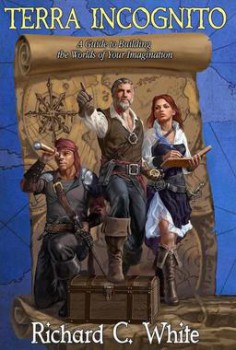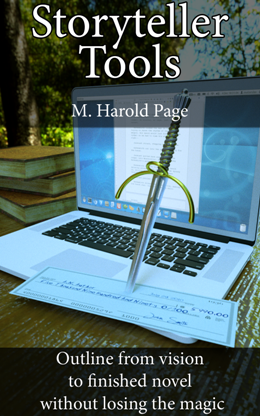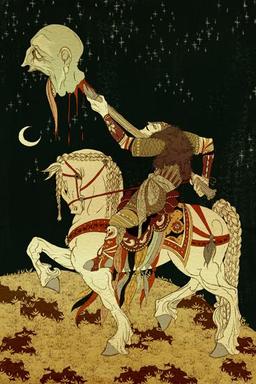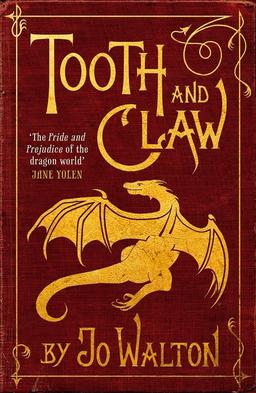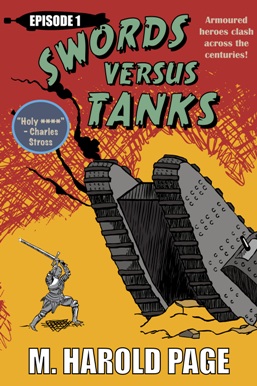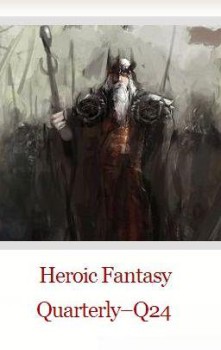World Building 101: The Village
The heroes paraded back into the village, leading their mules laden with treasure liberated from a nearby dungeon. As they entered the small village in the middle of nowhere, they soon split up to take care of their spoils. Three of them met with the local jeweler, presenting him with the choicest gems and fine jewelry they’d acquired on their adventure. The others descended on the local merchants to sell off the more mundane treasures while the sorcerer carried the magic items the party did not need to the convenient wizard’s tower, turning them into useful gold coins. The rogue slipped away to meet with the local guildmaster to make his abeyance and provide him with a cut of the treasure. The guildmaster smiled at the bounty and passed on a list to the rogue for items to search for in his further adventures.
That evening, the sounds of merriment filled the air of the village. A crowd had gathered at the local tavern and the barmaids whirled away from those patrons who became too “inquisitive” as they delivered the mugs of ale and heaping piles of food to those assembled. The female barbarian noted with approval the new bartender was a strapping young man who was returning her admiring looks. Only the poor watchman was left out, standing his lonely guard as he patrolled the streets of the village, staring out into the darkness that hid who knows what.
If you’re like me, that scene sounds awfully familiar. It’s appeared too often in bad fantasy stories, bad fantasy movies, and WAY too many role playing games. “But Rich,” you say, “the party has to have somewhere to spend their treasure. Otherwise, there’s no point in giving it out?”
And my response is, “You’re absolutely right, but for the wrong reasons.” Let me explain what I mean. (Good, otherwise this would be a darn short blog entry – Editor).
